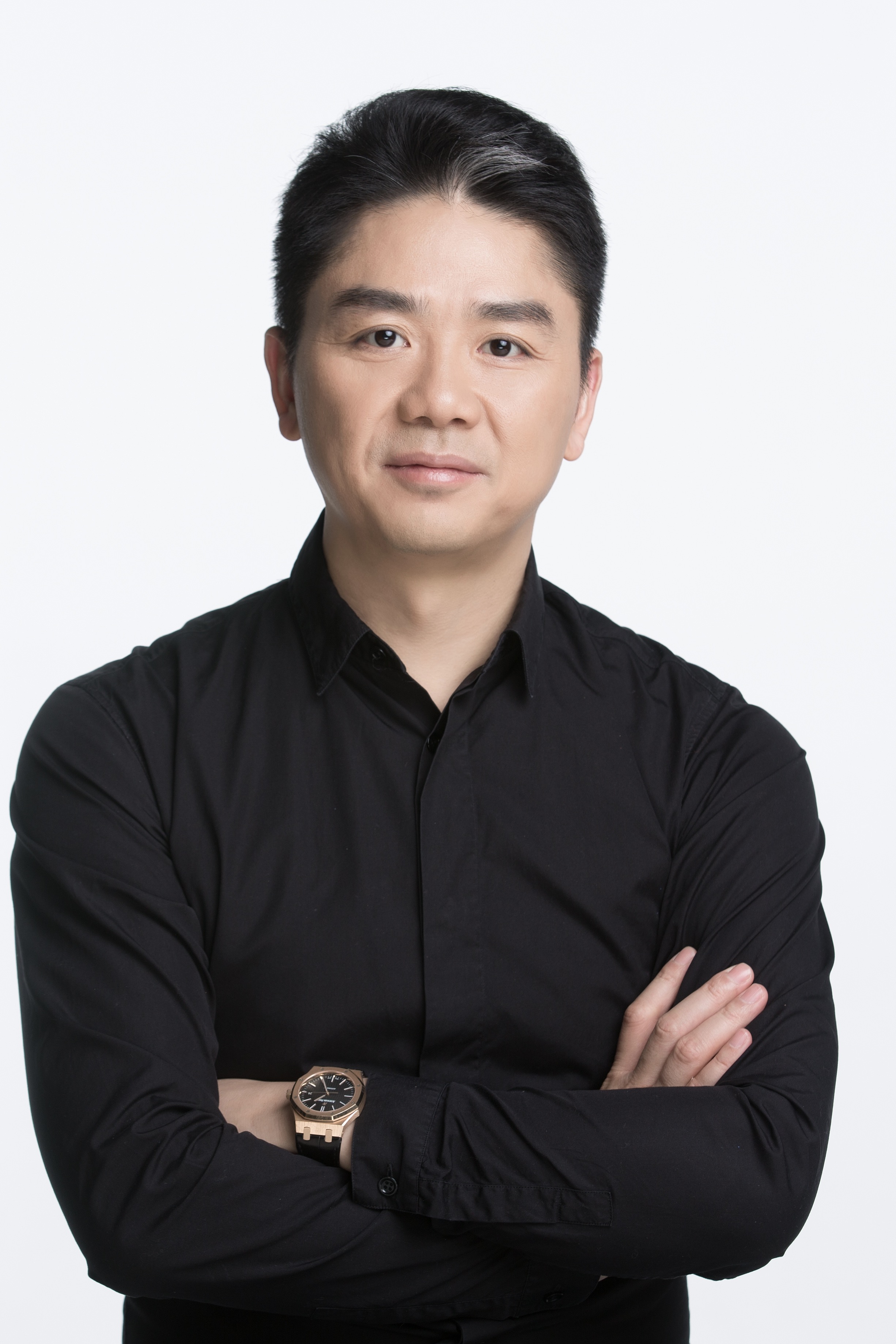Richard Qiangdong Liu is the Founder and Chairman of JD.com, one of China’s leading e-commerce c ompanies that has evolved into a leading supply chain-based technology and service provider. Established in 2004, JD.com has experienced significant growth under Liu’s leadership, expanding into various sectors such as retail, technology, logistics, healthcare, and international businesses.
ompanies that has evolved into a leading supply chain-based technology and service provider. Established in 2004, JD.com has experienced significant growth under Liu’s leadership, expanding into various sectors such as retail, technology, logistics, healthcare, and international businesses.
Liu has cultivated a unique business model for JD.com that seamlessly integrates traditional enterprise features with cutting-edge digital technology and capabilities. Since 2017, JD.com has committed nearly CNY 100 billion to technology research and development. This approach has enabled the company to consistently create value, promote high-quality employment, and enhance industry efficiency. As of December 2023, JD.com employed nearly 620,000 people.
JD.com’s primary focus is on customer experience, emphasizing cost, efficiency, product, price, and service as the core components of its operating philosophy. The company’s social impact efforts extend beyond its commercial endeavors, with initiatives supporting Chinese farmers and agriculture, anti-COVID efforts, disaster relief, and social welfare.
Liu’s leadership has been recognized globally. In 2015, Fortune magazine named him one of the “50 Greatest Leaders in the World,” and in 2017, he received the “National Poverty Alleviation Dedication Award.” More recently, Liu has been devoting more time to rural revitalization work.
